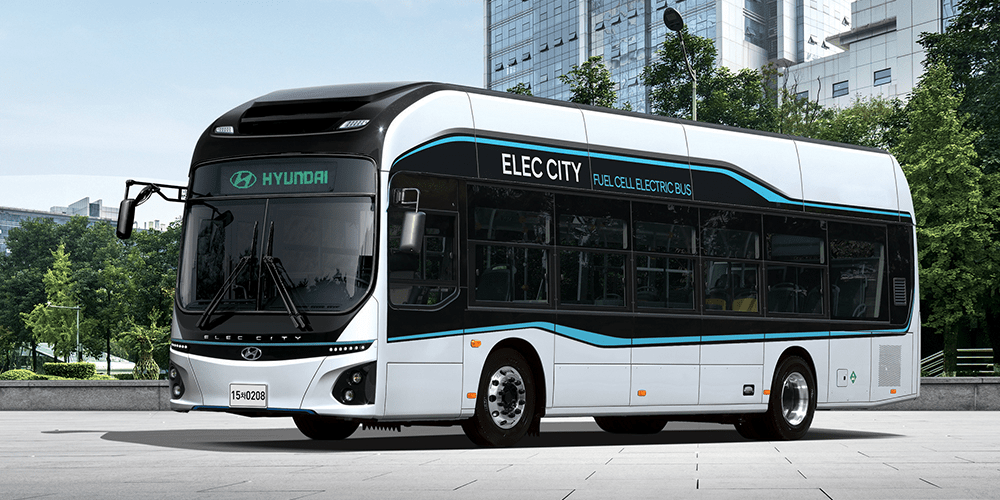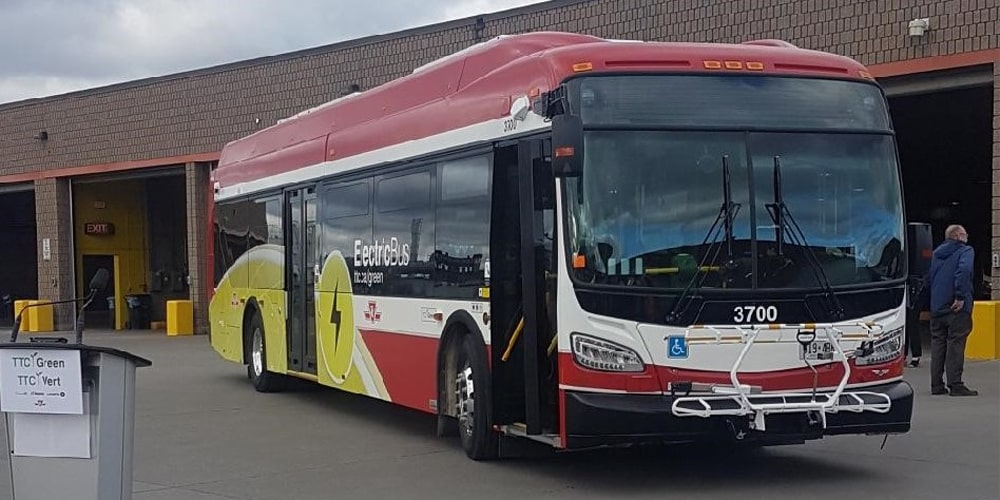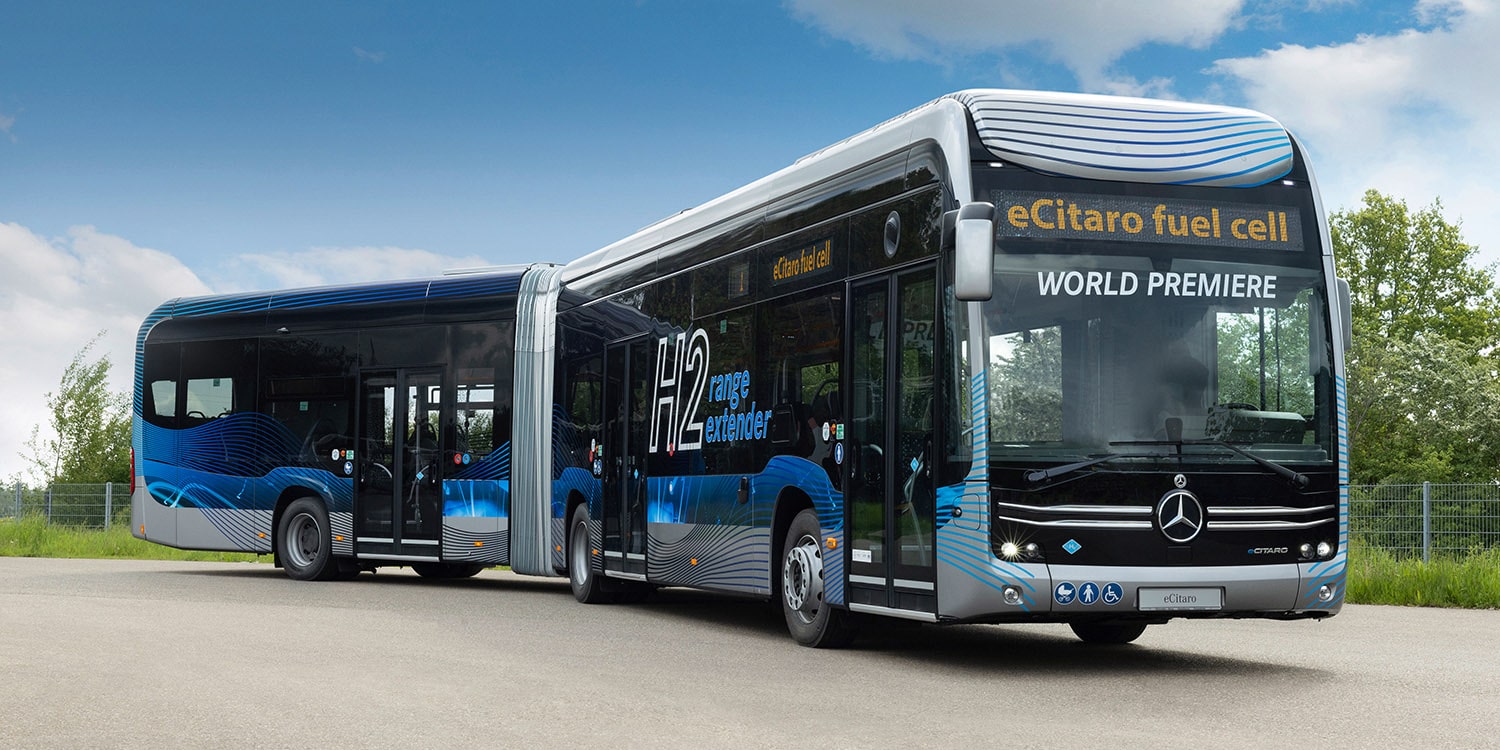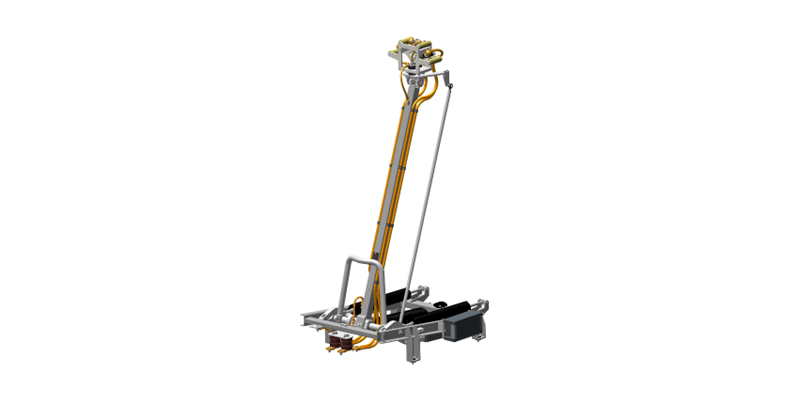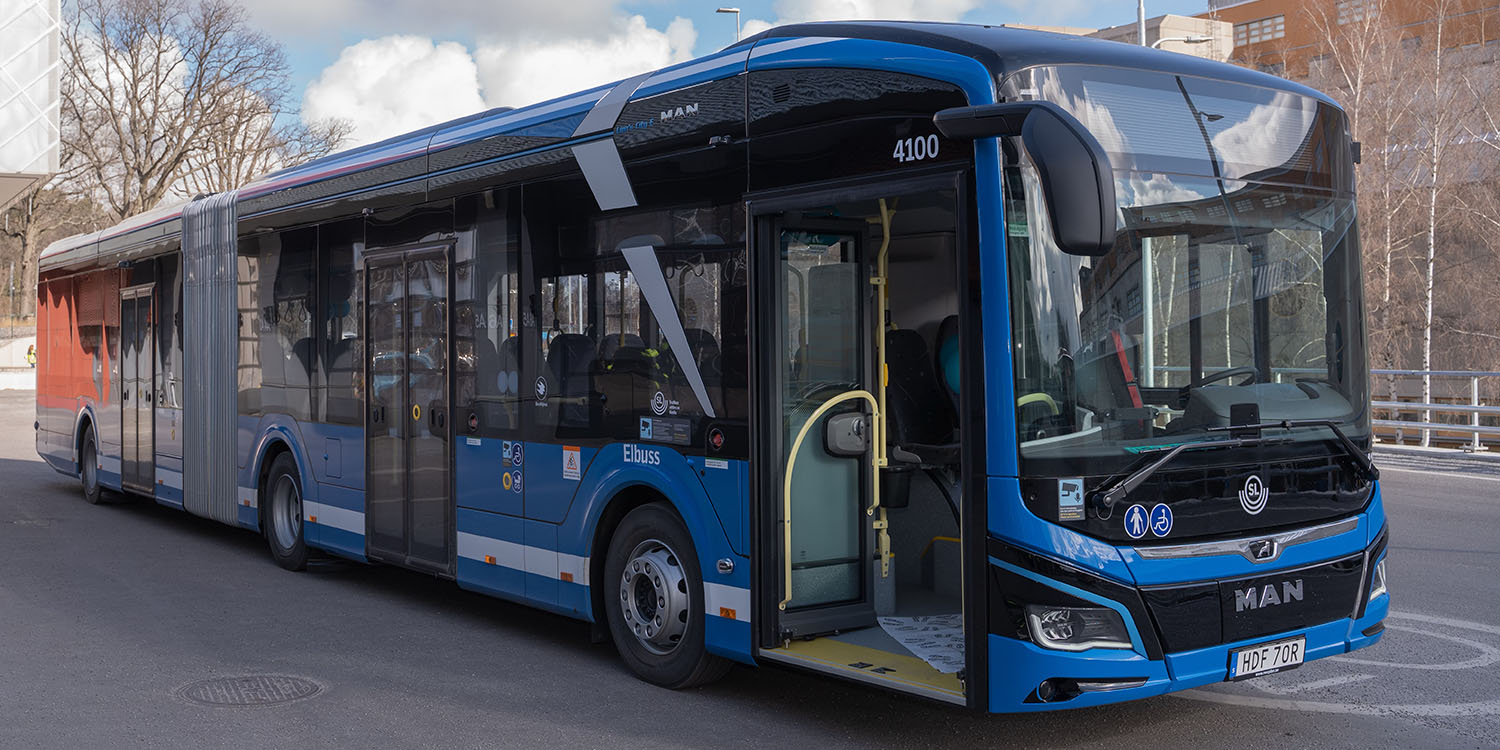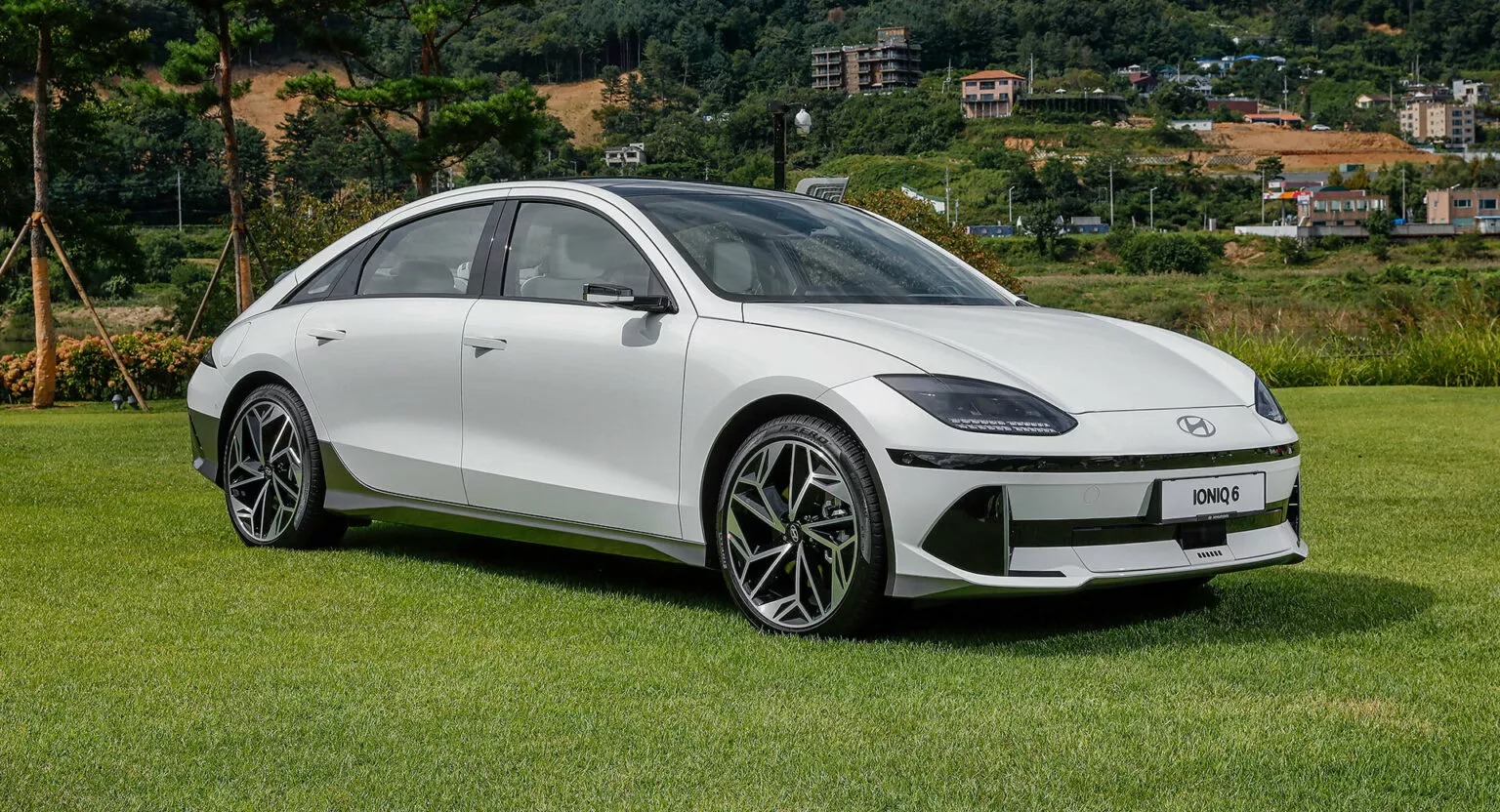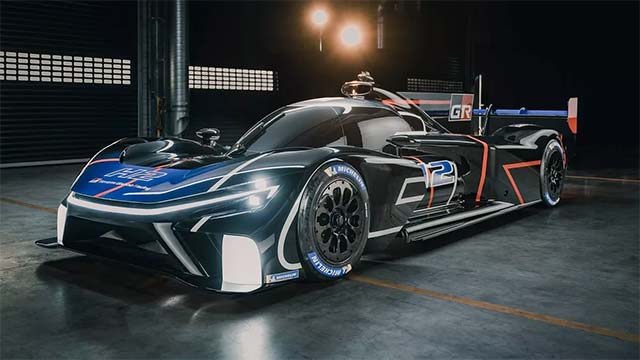Seoul Plans to Replace 1,300 Buses with Hyundai Fuel-Cell Buses by 2026
In a collaborative effort between Hyundai Motor, the Seoul city government, the South Korean Ministry of the Environment, SK E&S, and Tmap Mobility, the capital city of South Korea, Seoul, has announced its ambitious plan to replace 1,300 existing buses with new fuel-cell buses from Hyundai by 2026. This groundbreaking agreement aims to promote sustainable transportation and reduce carbon emissions in the city.
The comprehensive plan entails replacing 1,000 city and commuter buses, as well as 300 airport buses, with environmentally-friendly fuel-cell alternatives. By 2030, Seoul plans to completely replace its entire fleet of 451 airport buses with hydrogen-powered buses. Notably, the city had successfully transitioned all 7,400 city buses to operate on natural gas by 2011. Since then, 830 of these buses have been replaced with battery-powered buses, while 27 have been replaced with hydrogen fuel-cell buses. Furthermore, Incheon, a city located near Seoul, has also expressed its intention to introduce 700 Hyundai fuel-cell buses by the end of 2024.
The port cities of Busan and Ulsan, along with the South Gyeongsang province, have similarly set their sights on adopting a total of 624 Hyundai hydrogen buses by 2025, aiming to replace conventional combustion engine vehicles. Additionally, on the picturesque South Korean island of Jeju, plans are underway to establish hydrogen infrastructure that will support 1,700 fuel-cell vehicles, including 1,200 passenger cars, 200 rubbish trucks, and 300 public transport buses, by 2030. These vehicles will be provided by the Hyundai Group, a key player in the automotive industry.
Seoul’s ultimate objective with this initiative is to achieve a complete replacement of buses with hydrogen-powered vehicles by 2030. As part of the plan, the city aims to replace approximately 1,000 city and commuter buses with hydrogen buses by 2026, while simultaneously establishing dedicated refilling stations in public garages. Moreover, by 2025, Seoul intends to eliminate all diesel vehicles from public sector fleets. Hyundai Motor has been supplying hydrogen buses to Seoul since 2020, and the company plans to introduce high-floor hydrogen airport limousines later this year. This aligns with Seoul’s commitment to becoming carbon-neutral by 2050, a goal declared in 2020.
Hyundai Motor CEO Chang Jae-hoon expressed the company’s dedication to the advancement of hydrogen-powered commercial vehicles, including buses and trucks. Hyundai plans to introduce a diverse portfolio of such vehicles to the market, further solidifying its commitment to sustainable transportation solutions.
Seoul’s ambitious plan to replace its bus fleet with hydrogen-powered vehicles signifies a significant step towards achieving a cleaner and more sustainable future. By embracing this innovative technology, the city aims to set an example for other urban centers worldwide, demonstrating the feasibility and environmental benefits of transitioning to hydrogen fuel-cell vehicles.

